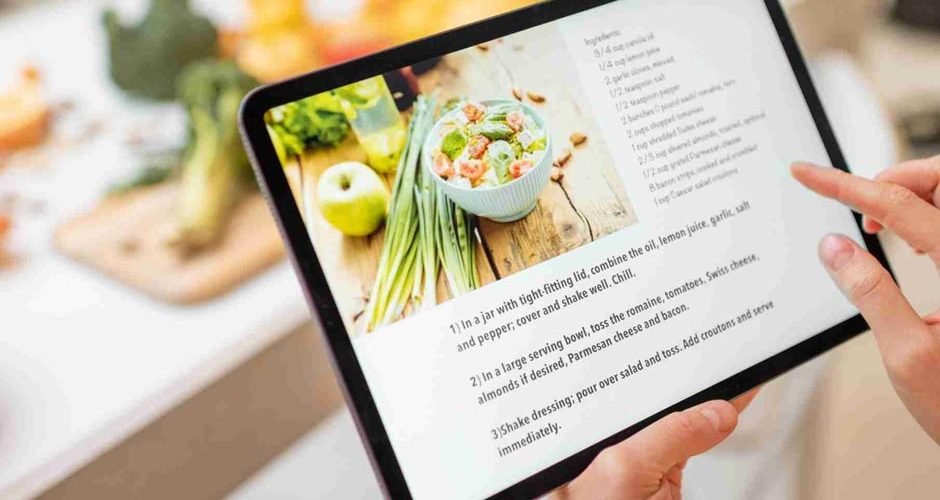In the catering industry, the integration of technology has become imperative for efficiency and innovation. One notable advance in this area is the evolution of recipe management systems. These systems have revolutionised how catering businesses operate, offering streamlined solutions for recipe creation, storage, and distribution. With the advent of online recipe management systems, the culinary world has witnessed a significant transformation, paving the way for enhanced productivity and culinary creativity.
Table of Contents
Streamlining Operations with Online Recipe Management Systems
Online recipe management systems have emerged as a game-changer for catering businesses, providing a centralised platform for managing recipes efficiently. These systems enable chefs and catering managers to create, store, and organise recipes digitally, eliminating the need for traditional paper-based methods. By centralising recipe management, catering establishments can ensure consistency in their offerings, streamline inventory management, and simplify the process of scaling recipes according to varying batch sizes.
Enhanced Collaboration and Accessibility
One of the key benefits of online recipe management systems is the facilitation of collaboration among culinary teams. Chefs can collaborate in real-time, sharing ideas, making adjustments, and fine-tuning recipes effortlessly. Moreover, the accessibility offered by these systems allows culinary professionals to access recipes from any location with internet connectivity. Whether it’s in the kitchen, during an event, or while sourcing ingredients, chefs can retrieve recipes easily, enhancing operational efficiency and flexibility.
Integration of Analytics and Data-driven Insights
Another significant aspect of the evolution of recipe management systems is the integration of analytics and data-driven insights. Modern systems offer robust analytics capabilities, allowing catering businesses to gather valuable data on recipe performance, ingredient costs, customer preferences, and more. By harnessing this data, caterers can make informed decisions to optimise their menus, streamline procurement processes, and enhance profitability.
Customisation and Flexibility
The flexibility offered by online recipe management systems empowers catering businesses to customise recipes according to dietary restrictions, culinary trends, and client preferences. Chefs can easily modify existing recipes or create new ones tailored to specific requirements, whether it’s vegan, gluten-free, or allergen-free options. This level of customisation not only caters to a diverse range of clientele but also sets businesses apart by offering unique and personalised culinary experiences.
Integration with Inventory Management Systems
The integration of online recipe management systems with inventory management software has further enhanced efficiency in catering operations. By synchronising recipe ingredients with inventory levels, businesses can effectively manage stock, reduce wastage, and optimise purchasing decisions. This seamless integration ensures that chefs always have access to the necessary ingredients, minimising last-minute shortages and enhancing overall productivity.
To sum up, the evolution of recipe management systems, particularly with the advent of online platforms, has brought about a paradigm shift in the catering industry. These systems have revolutionised how recipes are created, stored, and managed, offering a wide range of benefits to catering establishments including streamlined operations, enhanced collaboration, data-driven insights, customisation, and seamless integration with inventory management. As technology continues to advance, catering businesses will inevitably have to embrace these innovations to stay competitive and meet the evolving demands of the culinary landscape.





